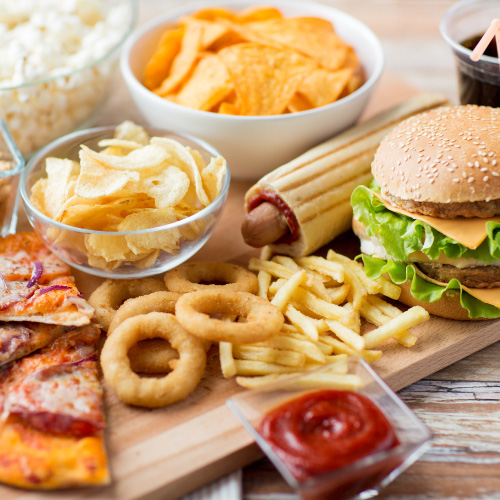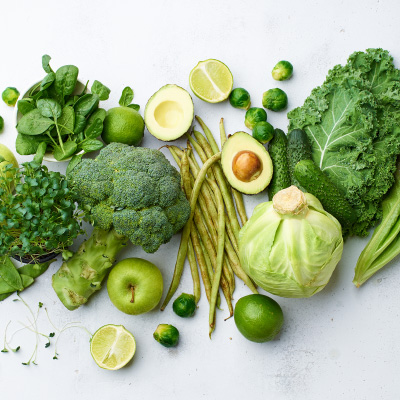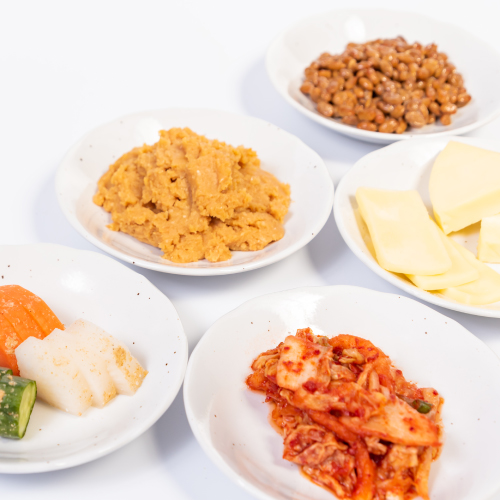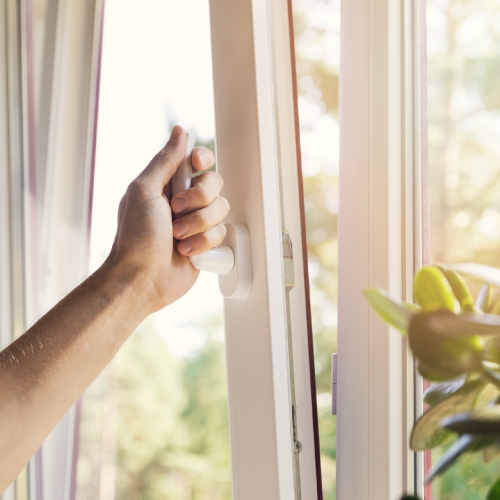New Biofermin S difference between effective and ineffective【Six lifestyle habits that damage the intestinal environment】

"I'm taking a bowel regulator such as New Biofermin S, but I don't feel well..."
"No matter which Lactobacillus supplement I try, I can't feel..."
"I'm tired of thinking about what I should do to improve my stomach..."
Frankly speaking, "just" taking intestinal regulators such as New Biofermin S will not speed up the adjustment of intestinal environment.
is because gut activity is a collection of the following two.
- Increase the habit of adjusting the intestinal environment
- Reduce habits that damage the gut environment
Water won't collect when you try hard to store it in a bucket with holes.
The same goes for bowel movements.
If you don't change the habits that damage your gut environment, it may not be easy to improve.
So this time, I will explain 6 lifestyle habits that damage the intestinal environment.
By reading this article, you can get some ideas on how to create a gut environment where gut regulators such as New Biofermin S can work easily, freeing you from the "gut doesn't know what to do" "status. Activity".
Please read to the end!
Habit 1 that damages the intestinal environment: Eat low-calorie carbohydrates
The first lifestyle-related habit that disrupts the gut environment is eating low-calorie carbohydrates.
The mass of calories may not be correct, but the following foods are familiar examples.

- Junk food
- Convenience food
- Soft drinks
Both are high in sugar and fat and low in fiber is a feature.
Occasionally it's fine, but be careful if it's a habit.
Your gut bacteria may be starving.
At this rate,
- Immune dysfunction
- Skin safety disturbed
- Insane
There is no advantage because there are a lot of damage such as.
So what should I eat?
The following foods are recommended for your reference.

- Spinach
- Broccoli
- Morohia
- Kale
What they have in common is dark green vegetables that can be eaten raw.
Let's start by "adding a little" to these foods while cutting back on junk food.
How to easily absorb dietary fiber?
I told you that gut bacteria can starve, but dietary fiber, the "rice" of gut bacteria, is also recommended.
The trouble is, even if you know that dietary fiber is high in your head, it's hard to actually increase the amount.
If you try to eat it with a meal, the vegetables can become bulky, you can become full, and it can be difficult to get other nutrients.
That's not valid, is it?
Therefore, we recommend "inulin" and "plantain".
It is a big plus that you can easily replenish dietary fiber by simply dissolving it in miso soup or coffee.
Many of them are reasonably priced, and the ease of continued use is also attractive.
Living habits that damage the intestinal environment 2: Fewer types of fermented foods
The second habit that damages the intestinal environment is less fermented foods.
Eating fermented foods is important, but many people don't know the importance of variety.
Since the diversity of intestinal flora is related to the quality of the intestinal environment, there is no such thing as "it's okay to eat so much!".
Balance is important to everything.

For example,
- Natto
- Kimchi
- yogurt
- Cheese
etc. are readily available and easy to incorporate into your life.
Lifestyle habits that damage the intestinal environment 3: Insufficient ventilation in the room

A third lifestyle-related habit that disrupts the intestinal environment is insufficient ventilation in the room.
Surprisingly, room ventilation can affect the intestinal environment.
This is due to microbes in the air.
I told you that the gut environment prefers variety, but the encounter with bacteria is not limited to food.
Especially in modern concrete houses, the bottleneck is the inevitable reduction in exposure to microorganisms.
But, you can't live in the forest anymore, so let's ventilate the room regularly to deepen the interaction with the beneficial microbes.
Habit 4 that destroys the intestinal environment: less contact with nature

The fourth lifestyle-related habit that damages the intestinal environment is reducing exposure to nature.
I told you that poor ventilation in the room is not good for the intestinal environment, but the essence is contact with nature.
First of all, most of us modern people lack contact with nature.
There are many people who relax outdoors, such as camping and mountain climbing as evidence.
For those of us who spend a lot of time in nature, nature is a home.
It's natural to chill out, but the trouble is that camping time is hard to come by.
So, let's practice the following first.
- Walk or have lunch in the park
- Place foliage plants
Suggest walking through a park on your commute or shopping, or placing foliage plants in your office or home to increase your connection with nature without difficulty.
Living habits that damage the intestinal environment 5: Insufficient exercise

The fifth lifestyle habit that damages the intestinal environment is lack of exercise.
It's a well-known fact that lack of exercise is bad for your health, but it's also the natural enemy of your gut environment.
However, I would like to know how much exercise is appropriate.
- Aim to walk an average of 10,000 steps or more per day
- Cultivate the habit of exercising more than twice a week, for more than 30 minutes at a time.
etc. are introduced as guidelines.
In addition, it is also effective to apply a load that does not hurt the body, so "brisk walking" and "do not use vehicles or elevators" are recommended.
On the contrary, excessive exercise can worsen the intestinal environment, so be careful.
This is just a guide, but I suggest you keep it until you feel like moving your body is fun!
Habits that destroy the intestinal environment 6: easy to accumulate stress

The sixth lifestyle-related habit that disrupts the gut environment is stress stress.
Today, modern man is under unprecedented pressure.
Many people feel ill from stress.
This is said to be because the brain and gut are connected by the vagus nerve.
Also, to release stress, you eat junk food, etc., and you feel less confident, or if you eat irrationally, like you cancel a diet, you feel depressed. Some people fall into it. ..
This is the end of the story.
Please refer to the introduction of effective ways to relieve stress in a healthy way.
- Exercise
- Nap
- Walking
- Meditate
- Read
- Forest bathing
- Spending time with friends and family
If you want to do this, you can do it today and it won't cost you money or time!
Start by feeling like the barrier is low.
Let's kick start the gut activity by improving habits that disrupt the gut environment!
- Lifestyle habits that damage the intestinal environment 1: Eat low-calorie carbohydrates
- Lifestyle habits that damage the intestinal environment 2: Fewer types of fermented foods
- Lifestyle habits that damage the intestinal environment 3: poor ventilation in the room
- Lifestyle habits that damage the intestinal environment 4: less contact with nature
- Lifestyle habits that damage the intestinal environment 5: Insufficient exercise
- Life habits that damage the intestinal environment 6: easy to accumulate stress

Facing the bowel regulator corner at the drugstore agonizing over choosing a bowel regulator isn't a bad idea.
However, gut bacteria won't do what you want without improving habits that disrupt your gut environment, so be careful.
Even if you have all the ingredients, you can't cook great food in a kitchen without cookware or equipment malfunctioning.
All the living habits that damage the intestinal environment introduced this time can be easily improved. Try to update your habits by choosing one that you are comfortable continuing to use.
The trick to building this habit is to lower the barriers, so don't hunt yourself down too much!

